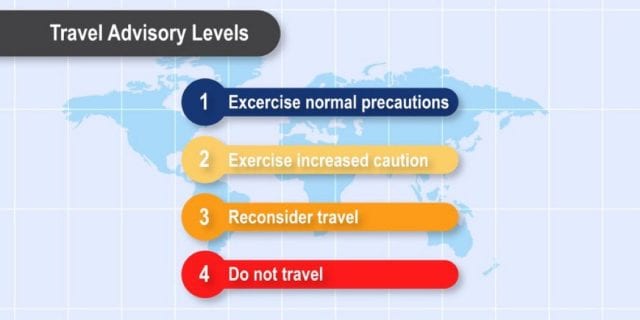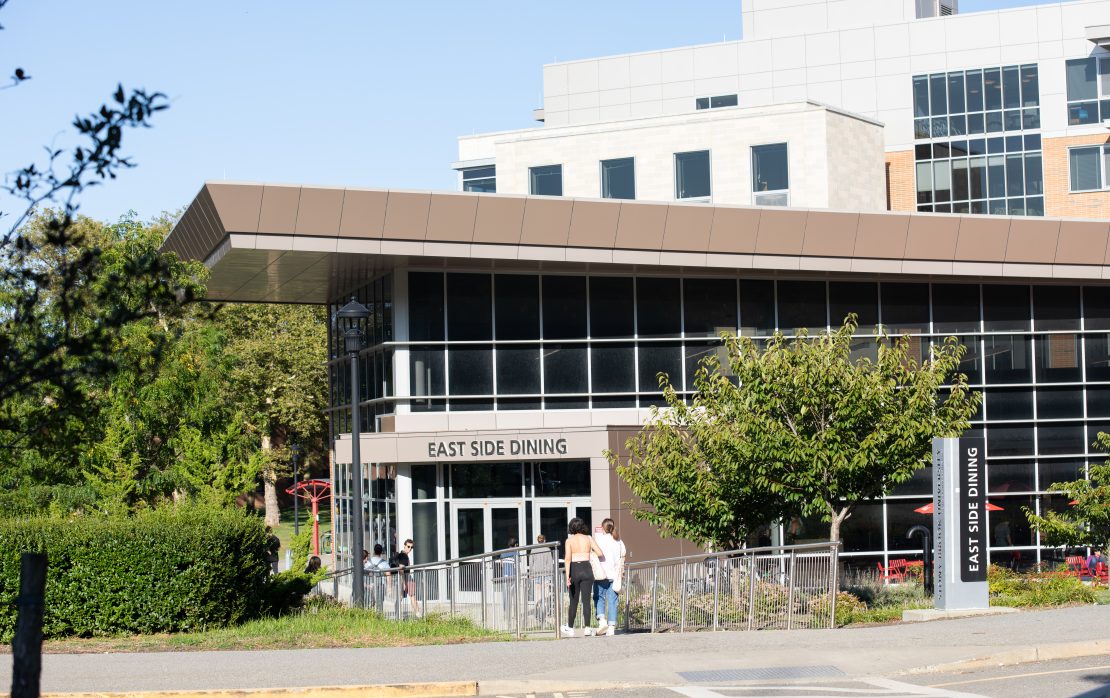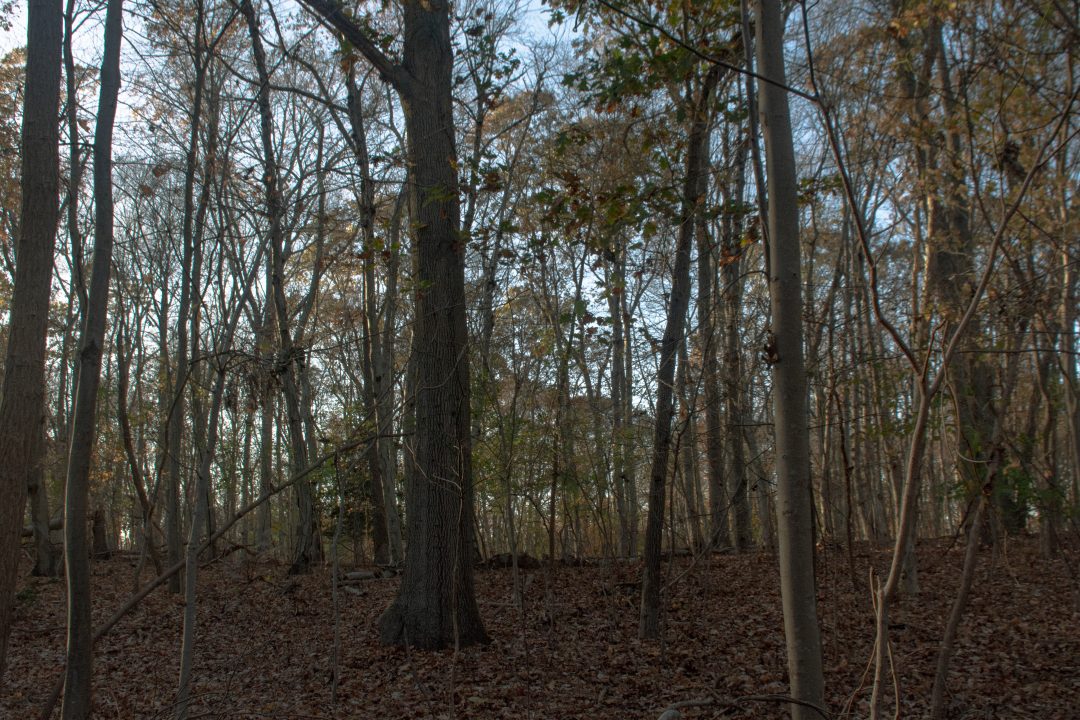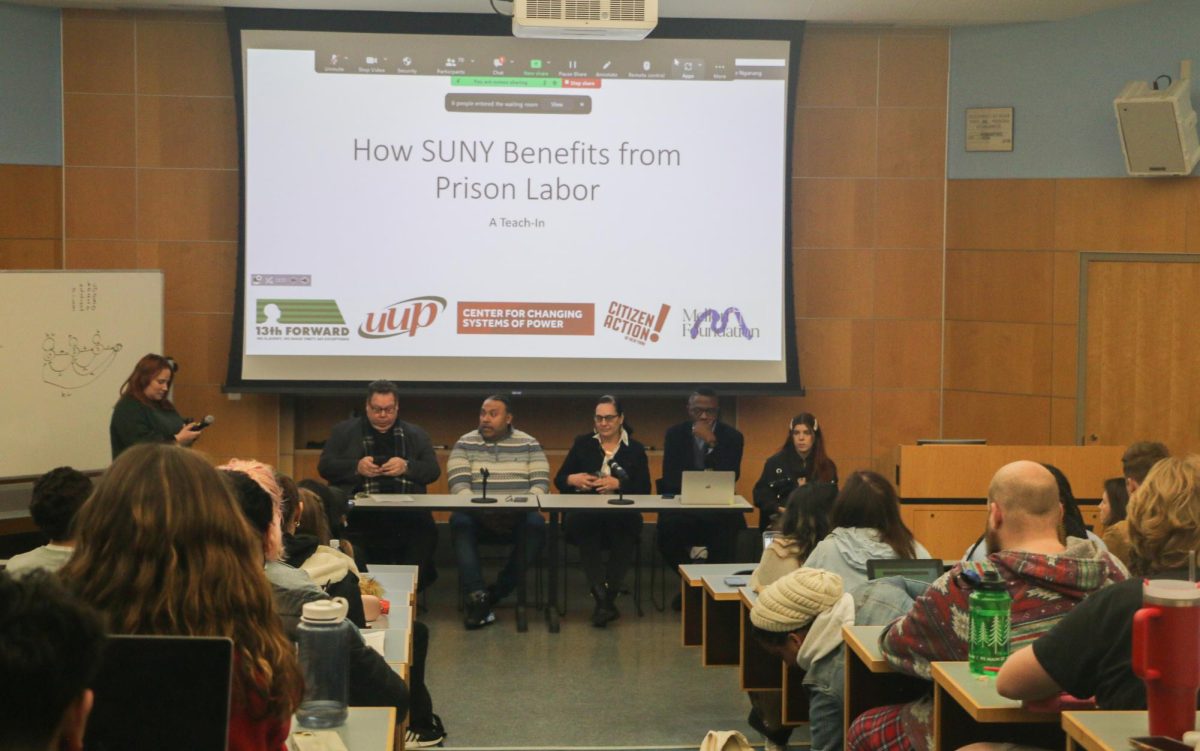
Stony Brook University warned students not to travel internationally in a campus-wide email sent on March 12, after President Donald Trump banned travel from Europe the night before.
The travel ban, in place for 30 days starting March 13, is an attempt to contain the spread of the coronavirus.
“At this time, it is strongly recommended you stay in the U.S. due to the potential risks and challenges related to reentry into the United States,” Vice President of Academic Affairs and Dean of Students, Rick Gatteau, wrote in the email.
Students planning to travel internationally should “understand the potential risks associated as this is a rapidly evolving situation and conditions could change at any time.” International travel could result in not only a 14-day quarantine, but “also create major issues with, or even prevent” travelers from returning home.
Additionally, all university-sponsored travel regardless of its source of funding — other than regional travel used by a personal vehicle — is prohibited, according to an update from the Office of the Provost on Thursday, March 12.
“Travel undertaken without the appropriate pre-approvals will not be reimbursed and other disciplinary actions may apply,” the update reads.
Faculty, staff and students must fill out a pre-approval form to apply for an exception, though the message states that exceptions to the ban “will be rare.” The travel advisory does not include Brookhaven National Lab and other university locations.
The European travel ban specifically restricts travel from the Schengen Area, an open border travel zone comprising 26 European countries, according to the White House’s proclamation. In his speech, Trump condemned the European Union (EU) for not taking decisive action to restrict travel from the EU to China to contain the virus. He claimed that this led travelers to spread the disease in the U.S.
Trump said that his decision to close borders was prompted by the World Health Organization categorizing the coronavirus as a pandemic on March 11.
The Centers for Disease Control and Prevention (CDC) recommends that people “avoid non-essential travel” to Europe since countries such as Italy and Austria are currently “experiencing widespread sustained transmission” of the coronavirus. Trump’s travel restrictions do not apply to the United Kingdom.
Lawful residents, certain close family, military and individuals authorized by the U.S. Government or CDC are exempt from the ban, according to the White House’s proclamation.
Trump also recommended that Americans avoid all non-medical and unnecessary visits to nursing homes and all non-essential travel in the midst of the outbreak.
He reminded Americans to practice good hygiene and take extra precautions to contain the coronavirus.






















